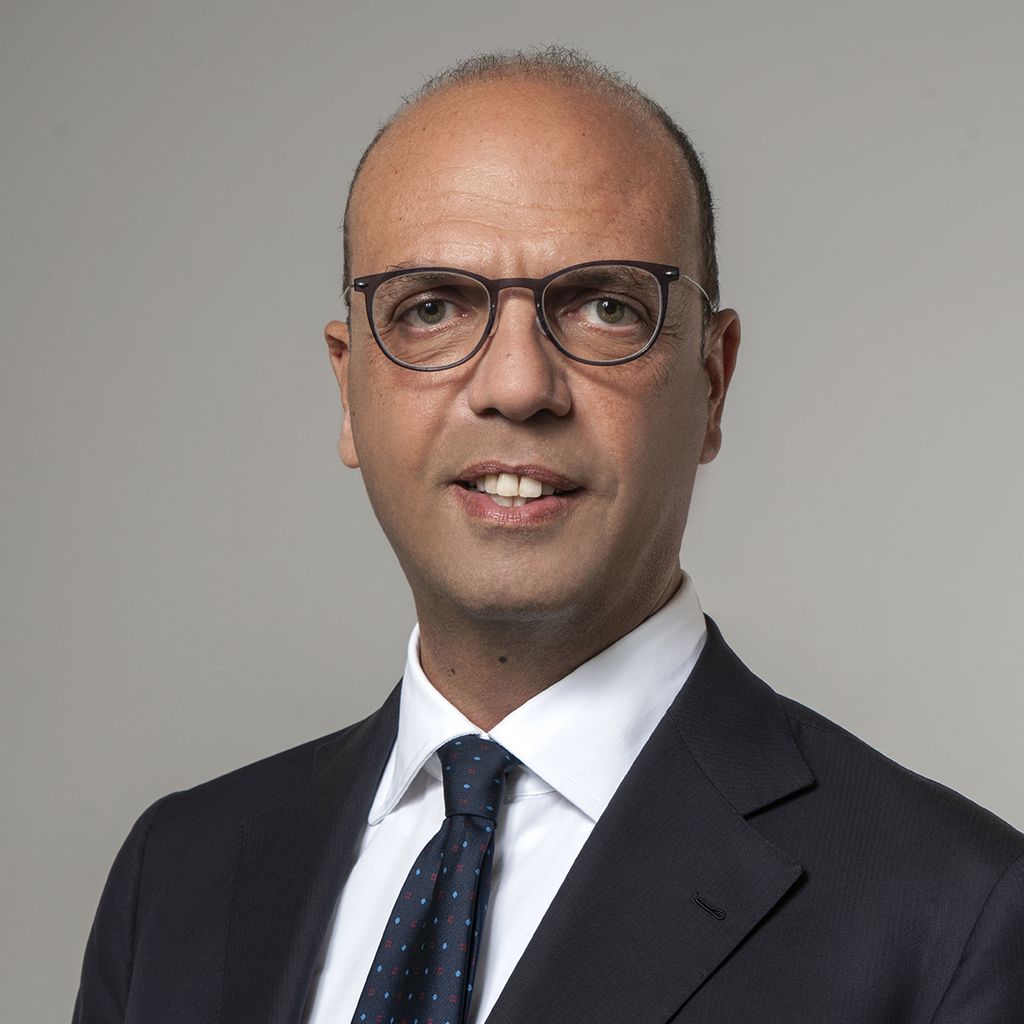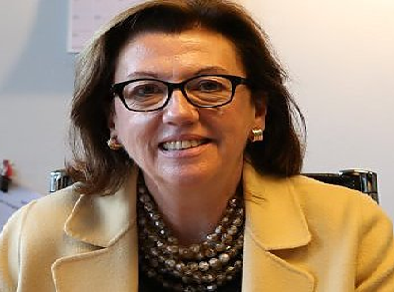Envisioning a new Africa-Europe-Mediterranean partnership
#CriticalThinking
Former Italian Minister of Foreign Affairs and AVSI Board Member

Global Head International Development Practice at KPMG and AVSI Board Member

Former head of the UN Mission in Afghanistan, Algeria, Iraq and Yemen, and AVSI Board Member

Special Advisor to the European Commissioner for Economic Affairs and AVSI Board Member
The tragic assassination of Italian Ambassador Luca Attanasio and two other members of the mission in the Democratic Republic of Congo last month abruptly brought a forgotten country – the Democratic Republic of Congo – back to international headlines, raising a number of questions. Why and how should aid be brought to such dangerous zones? And at what risk? These concerns are all the more prevalent now, in the midst of the COVID-19 pandemic, when we need to take care of those needing aid at home.
The pandemic has sharpened the gap between the needs of the most vulnerable populations and the resources available to address them. Unfortunately, it may have also weakened a commitment to recognize these issues, with the risk of unwittingly plunging us into new catastrophes. The priorities to save lives from COVID-19 and to protect economies are both global challenges that can only be solved through common commitments and joint strategic alliances.
Alliances beyond officially-stated willingness to improve cooperation, such as one between Europe and Africa along the Mediterranean area, can work together to address common challenges.
Africa is very rich in talents that could become a source of common progress
Increasingly complex challenges can only be faced by forging new principles of collaboration in areas such as trade, investment, new energy resources, the development of health services, as well as research, technology and development exchanges. Scientific research ought to be conducted together in Euro-Med-African laboratories, with technologies being studied in tandem, considering the links between rights and the protection of data and actors.
Only such a close working partnership will overcome the obsolete distinctions between development, humanitarian assistance and security, thus formulating long-sought solutions. Some examples include development of the digital transformation of the economy and services on the African continent, which continues to be inadequate, with enhanced strategic determination. Additionally, leading European companies could make a decisive contribution to expanding and finally unifying the African economic system into one large digital market. Africa is very rich in talents that could become a source of common progress if properly connected to the most dynamic European NGOs and companies. Most significantly, the ongoing global energy transition is destined to transform the principles of international economic development, presenting a unique opportunity to redefine the economic dialogue between Africa and the rest of the world.
Whatever this future will look like, it will be brighter if we walk towards it – together
These are not abstract ambitions but rather build upon socio-economic dynamics that are already in place. Europe is Africa’s main trading partner and this economic proximity should be further strengthened to the benefit of both continents. The expansion of internal African trade could become a formidable factor of social stability and economic growth in the region, opening favourable markets to European companies. The promotion of African competitiveness and productivity is an essential precondition for the creation of new jobs; employment, in turn, is a primary contribution to alleviate poverty. Additionally, employment promotion is the best deterrent to uncontrolled migration flows, a significant source of concern for European states.
Several AVSI projects underway in many African countries integrate actions in education, professional training and support for business start-ups. Such initiatives, pursued in close collaboration with both local civil society organizations and the private sector, demonstrate remarkable growth potential.
What is highlighted above constitutes only a few of the path-breaking trends that already determine our present. They represent compelling opportunities to reshape international relations if we are to emerge from the current crisis and envision a future of common progress.
Whatever this future will look like, it will be brighter if we walk towards it – together.
Stay informed
